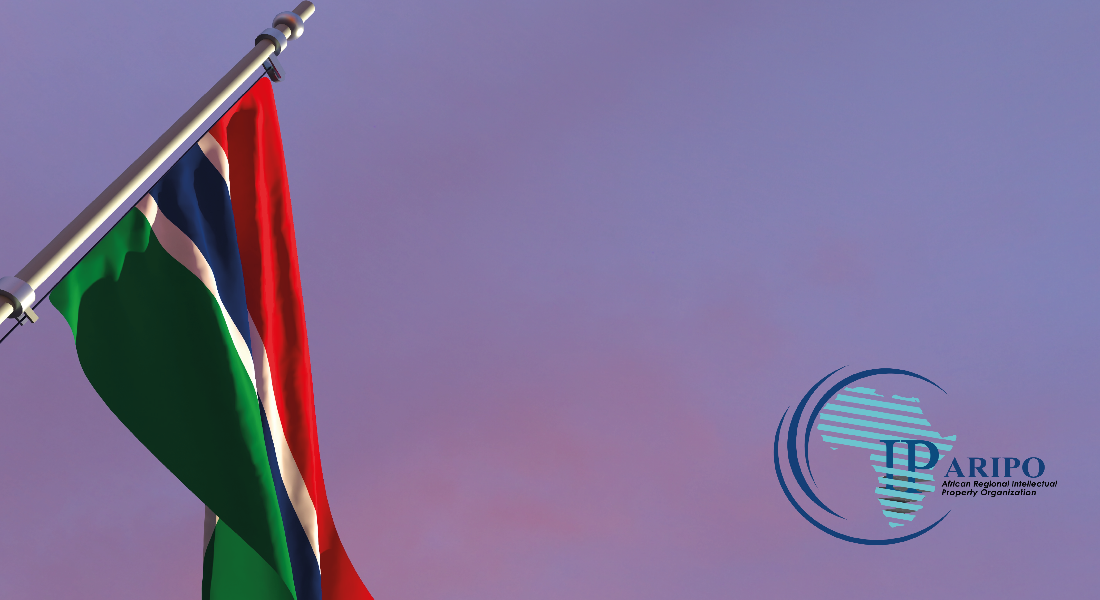Marca - Gâmbia
Registe a sua marca
Registe a sua marca com a Inventa e beneficie das seguintes vantagens:
Opinião Estratégica
Os nossos especialistas irão definir a melhor estratégia de acordo com a informação existente, de forma a assegurar o sucesso do registo e otimizar a proteção da sua marca.
Nós preparamos o pedido
Nós tratamos de todos os procedimentos relacionados com o pedido de marca, de acordo com a estratégia definida.
Manutenção da marca durante 10 anos
Acompanhamento do respectivo ciclo de vida durante o prazo de vigência de 10 anos.
Área de Cliente
A Inventa dispobiliza-lhe uma área de cliente segura para gerir os seus ativos de Propriedade Intelectual.
Registo de Marca
O Processo
Consulte o processo desde a preparação para o registo de marca até à sua manutenção. A Inventa acompanha-o em todas as fases.
Identificação da marca
Com a sua ajuda, identificamos a marca a registar e quais os elementos merecedores de proteção, segundo a lei.
Identificação das Jurisdições
Definimos a estratégia aconselhada de registo, consoante as jurisdições onde se pretende obter proteção, tomando em atenção os vários mecanismos regionais/internacionais para proteção internacional.
Identificação das Classes
Identificamos as classes internacionais às quais correspondem os produtos/serviços que pretende assinalar com a marca, já que os custos variam em função do número de classes.
Pesquisa de Marca
Neste momento deverá ser efetuada uma pesquisa de marca (opcional, mas altamente recomendada), com ou sem opinião legal, com o objetivo de identificar se a marca está livre para ser registada.
Pedido de Registo
Analisamos se os requisitos formais se encontram preenchidos e damos entrada do pedido de registo junto do Instituto de Propriedade Industrial competente.
Exames
Durante esta fase, o Instituto de Propriedade Industrial competente irá analisar se a sua marca cumpre os requisitos substantivos relativos a marcas anteriores. Acompanhamos o processo até à concessão final.
Período de Oposição
Após a publicação da marca, terceiros poderão apresentar uma reclamação à sua concessão. Poderemos dar resposta a eventuais oposições, com o objetivo de fazer com que a sua marca seja registada.
Internacionalização
Poderá alargar a proteção da marca em qualquer momento, através de registos nacionais, regionais ou internacionais noutras jurisdições.
Vigilância
De nada servirá a obtenção do direito de marca se não os puder aplicar, sendo necessário estar atento a infrações à sua marca.
Gâmbia
Detalhes e Períodos
Reivindicação de prioridade
Disponível
Pedido multiclasse
Indisponível
Marcas de Prestígio
Disponível
Órgão responsável por pedidos de caducidade
Tribunal
Prazo para pesquisa com opinião legal
8 dias
Período estimado até concessão
1 ano
Período de oposição
90 dias
Requisitos de uso e caducidade
5 anos
Requisitos
Requisitos do Pedido de Registo
- Procuração com assinatura simples.
- Dados do requerente.
- Elemento figurativo (não aplicável a marcas nominativas).
- Lista de produtos e/ou serviços.
- Cópia do documento de prioridade (se aplicável).
- Cópia certificada do documento de prioridade, com tradução inglesa.
Requisitos de Renovação
- Duração: 10 anos a contar da data do pedido.
Requisitos de Transmissão
- Procuração com assinatura simples.
Requisitos de Mudança de Nome
- Certificado de mudança de nome.
Requisitos de Mudança de Morada
- Comprovativo de alteração de morada.
Requisitos de Licenciamento
- Contrato de licença com tradução para inglês verificada.
Últimas noticias


